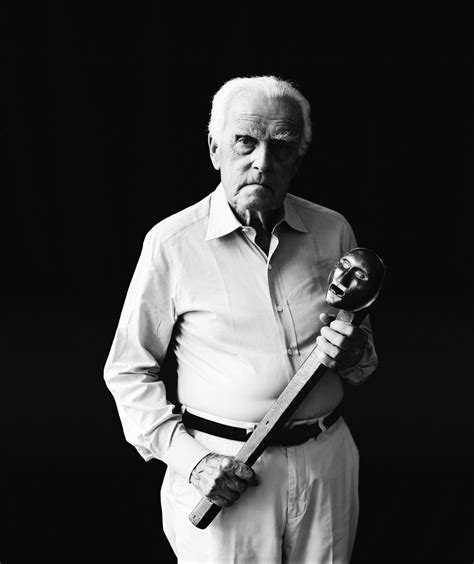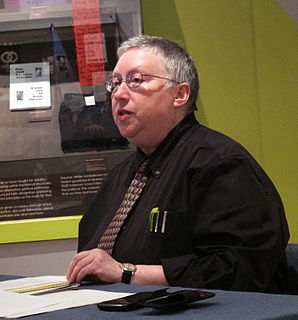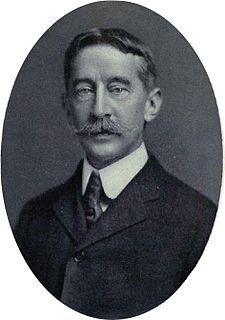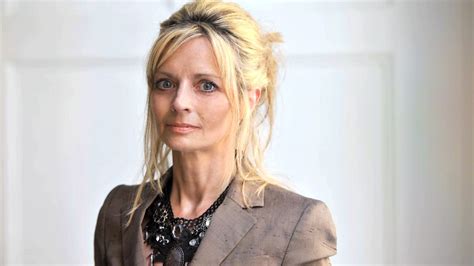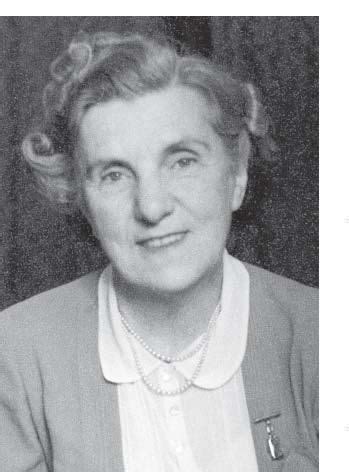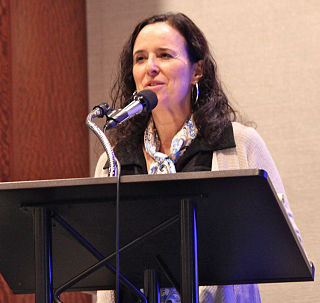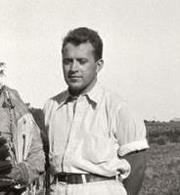Top 13 Quotes & Sayings by Bronislaw Malinowski
Explore popular quotes and sayings by a British anthropologist Bronislaw Malinowski.
Last updated on April 14, 2025.
In the field one has to face a chaos of facts, some of which are so small that they seem insignificant; others loom so large that they are hard to encompass with one synthetic glance. But in this crude form they are not scientific facts at all; they are absolutely elusive, and can be fixed only by interpretation, by seeing them sub specie aeternitatis, by grasping what is essential in them and fixing this. Only laws and generalizations are scientific facts, and field work consists only and exclusively in the interpretation of the chaotic social reality, in subordinating it to general rules.
For no sooner had I begun to read this great work [Frasier, The Golden Bough ], than I became immersed in it and enslaved by it. I realized then that anthropology, as presented by Sir James Frazer, is a great science, worthy of as much devotion as any of her elder and more exact sister studies, and I became bound to the service of Frazerian anthropology.
The anthropologist must relinquish his comfortable position in the long chair on the veranda of the missionary compound, Government station, or planter's bungalow, where, armed with pencil and notebook and at times with a whisky and soda, he has been accustomed to collect statements from informants.... He must go out into the villages, and see the natives at work in gardens, on the beach, in the jungle; he must sail with them to distant sandbanks and to foreign tribes.
Magic enables man to carry out with confidence his important tasks, to maintain his poise and his mental integrity in fits of anger, in the throes of hate, of unrequited love, of despair and anxiety. The function of magic is to ritualize man's optimism, to enhance his faith in the victory of hope over fear. Magic expresses the greater value for man of confidence over doubt, of steadfastness over vacillation, of optimism over pessimism.




